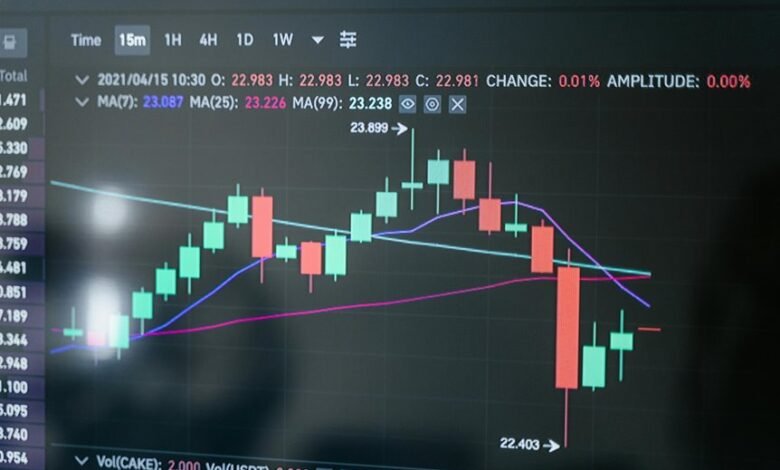4806903932: What to Do When the Market Crashes

When the market experiences a downturn, it becomes imperative to take a measured approach to financial management. Individuals must first assess their current financial situation, particularly focusing on emergency funds and outstanding debts. Effective strategies for debt repayment and budget management are essential. Additionally, a thorough review of investment portfolios is necessary to ensure alignment with risk tolerance. Understanding these factors can significantly impact one's financial stability during turbulent times. What steps should one consider next?
Assess Your Financial Situation
In the wake of a market crash, individuals must take a systematic approach to assess their financial situation.
Evaluating the adequacy of an emergency fund is crucial, as it provides a buffer during uncertain times.
Additionally, effective debt management becomes imperative, allowing individuals to prioritize repayments and avoid further financial strain.
This thorough assessment lays the groundwork for informed decision-making and future financial freedom.
Review Your Investment Strategy
Market volatility often compels investors to reconsider their investment strategies.
A thorough evaluation of investment diversification is essential, as it can mitigate risks during uncertain times. Investors must assess their risk tolerance, ensuring their portfolios align with their financial goals.
Seek Professional Guidance
While individual investors may have a solid understanding of their financial goals, seeking professional guidance can provide invaluable insights during turbulent market conditions.
A financial advisor offers expert market analysis, helping investors navigate volatility and make informed decisions.
Conclusion
In summary, navigating a market crash requires a thorough assessment of one's financial situation and investment strategies, alongside professional advice. Notably, according to a 2022 survey by the Financial Planning Association, over 60% of individuals do not have a comprehensive financial plan, underscoring the importance of proactive financial management. By prioritizing high-interest debts, maintaining a diversified portfolio, and regularly reviewing their strategies, individuals can enhance their resilience against market volatility and safeguard their financial future.





